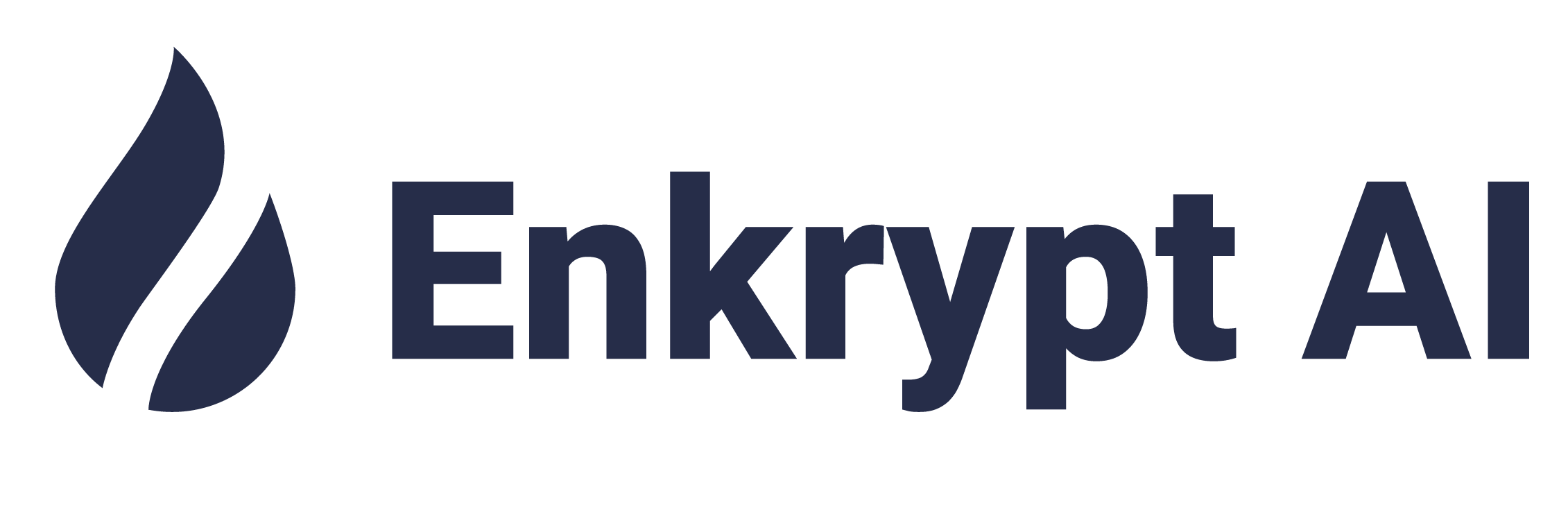Access Our Research
Explore Our Research Publications → Stay informed about the latest breakthroughs in AI safety research and contribute to building a safer AI ecosystem.Advancing AI Safety Through Research
Our research team conducts cutting-edge studies on AI safety, security, and risk assessment methodologies. We publish our findings to advance the field and help the community build safer AI systems.Key Publications
Guardrail Research
“No Free Lunch with Guardrail” Benchmarks show stronger guardrails improve safety but can reduce usability. Our paper proposes a framework to balance the trade-offs — ensuring practical, secure LLM deployment. “Fine-Tuning, Quantization & Safety” Fine-tuning increases jailbreak vulnerability, while quantization has varied effects. Our analysis emphasizes the role of strong guardrails in deployment.Bias and Fairness Research
“Investigating Implicit Bias in LLMs” A study of 50+ models reveals that bias persists — and sometimes worsens — in newer models. The work calls for standardized benchmarks to prevent discrimination in real-world AI use.RAG and Generation Research
“VERA: Validation & Enhancement for RAG” VERA improves Retrieval-Augmented Generation by refining retrieved context and output, reducing hallucinations and enhancing response quality across open-source and commercial models.Red Teaming Research
“SAGE-RT Synthetic Red Teaming” SAGE enables scalable, synthetic red-teaming across 1,500+ harmfulness categories — achieving 100% jailbreak success on GPT-4o and GPT-3.5 in key scenarios.AI Guardrail Benchmark Studies
Our research goes beyond just publications – it’s been applied to real-world benchmark studies to evaluate the security and performance of leading AI guardrails. These comparative tests provide practical insights into how guardrails perform under real attack scenarios.Comparative Guardrail Evaluations
- Enkrypt AI vs Guardrails AI vs Protect AI LLM Guard - Comprehensive comparison of leading guardrail solutions
- Enkrypt AI vs Azure Content Safety vs Amazon Bedrock Guardrails - Cloud provider guardrail analysis
- Enkrypt AI vs IBM Granite vs Azure AI vs Prompt Shield vs Amazon Bedrock Guardrails - Multi-vendor security assessment
Building Safer AI from the Ground Up
Securing LLM Providers
Enkrypt AI tests over 100 leading foundation models - including from AI21, DeepSeek, Databricks, and Mistral - to strengthen the safety of their LLMs without compromising performance.Comprehensive Testing Framework
We conduct more than 50,000 dynamic red-teaming evaluations per model, spanning critical risk categories:- Bias Detection - Gender, race, religion, and other discriminatory biases
- Insecure Code - Vulnerable code generation and security flaws
- CBRN Threats - Chemical, biological, radiological, and nuclear risks
- Harmful Content - Toxic, violent, and inappropriate content
- Toxicity Assessment - Offensive language and harmful speech
- Regulated Substances - Controlled and illegal substance content
- Guns & Illegal Weapons - Weapon-related content detection
- Criminal Planning - Illegal activities and malicious intent
- Suicide & Self-harm - Self-destructive content identification
- Sexual Content - Inappropriate sexual material detection
Research Impact
Our research advancements fuel our security platform and power the LLM Safety & Security Leaderboard - the most comprehensive benchmark for model safety in the industry.Our research is conducted in collaboration with leading universities, research institutions, and industry partners worldwide.

